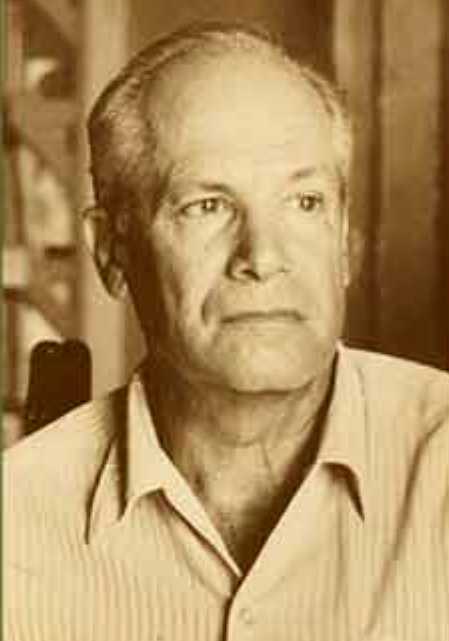4.1.1.22.5 The poems “Viola” (1957) and “Hymn to the allusion of time” (1958) by Samuel Feijóo

The text “Hymn to the Allusion of Time” does not have as intense a lyrical content as the two preceding poems discussed; however, it does carry a message of ethical depth through which it places poetry at the forefront as a spark of creation floating above individual and collective misery and, in general, the path of death and destruction inherent to almost all human beings.
It broadly expresses man’s struggle against the dull passage of time, with a greater sobriety that does not disdain the natural, but where the fruitful has given way to a serene understanding of reality. It emphasizes a concept of justice that presupposes balance between all orders of the universe, whose connections must be governed by love.
The collection of poems “Violas” is composed of several sonnets and examples of free verse, in which the ode to nature sometimes takes on a certain baroque quality unusual in Feijóo’s poetry; however, it does not display a lofty ideal of formal perfection, but rather lets his sense of lyricism flow, finding its own channel in the uneven, rather than in a poetry of geometric chiseling.
Contemplation, or rather, immersion in the splendor of nature, through which the poet reaches a certain ecstatic peak, is present in the body of these poetic texts; in which the dreamlike and the sensitive intertwine to form a new apprehension of the landscape. The baroque style alluded to above, however, does not imply elaborateness but is the fruit of an experience that requires saturation in language to be faithfully captured.
In addition to their sensitive nature, a philosophical tone permeates these works from their very genesis, which would materialize in poetic works after the Triumph of the Revolution. With them, a period closes; the poet exhausts a mode of expression, only to later open up with greater vigor to a deeper criollismo, never exempt from social concerns but where, in addition to sensorial enjoyment, an understanding of the flavor of popular wisdom and a profound Cuban identity prevails.








